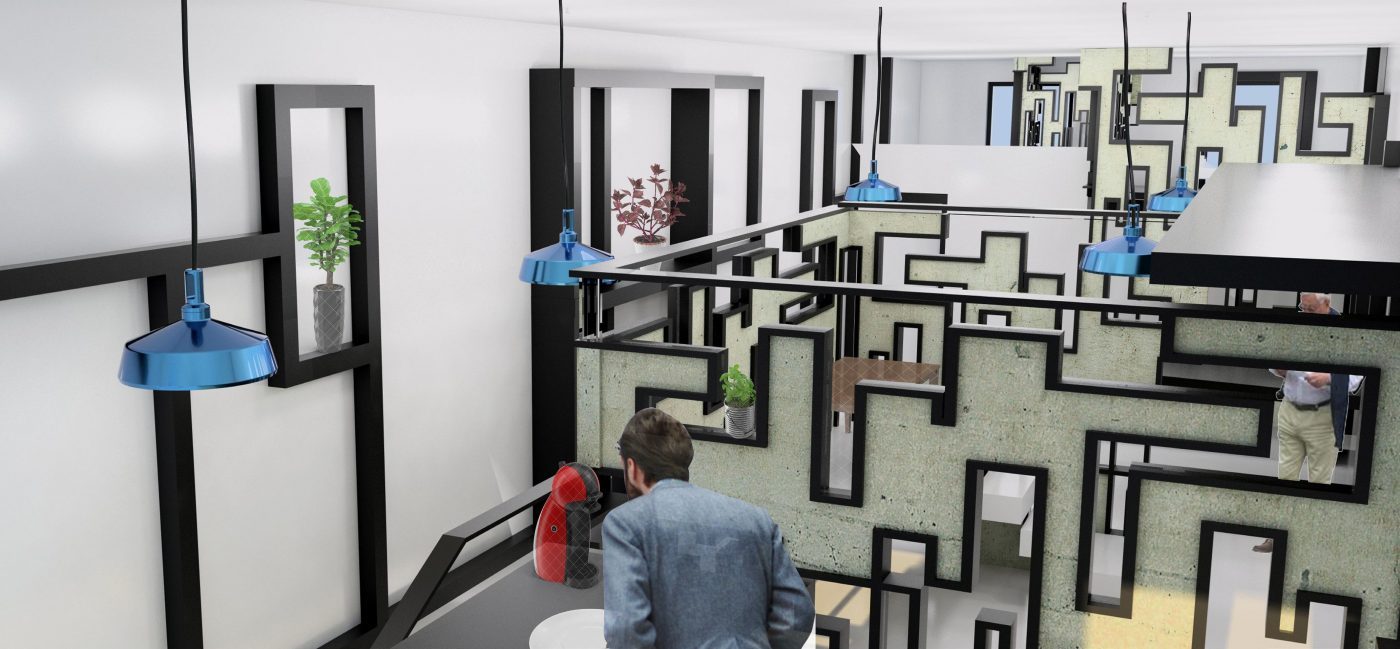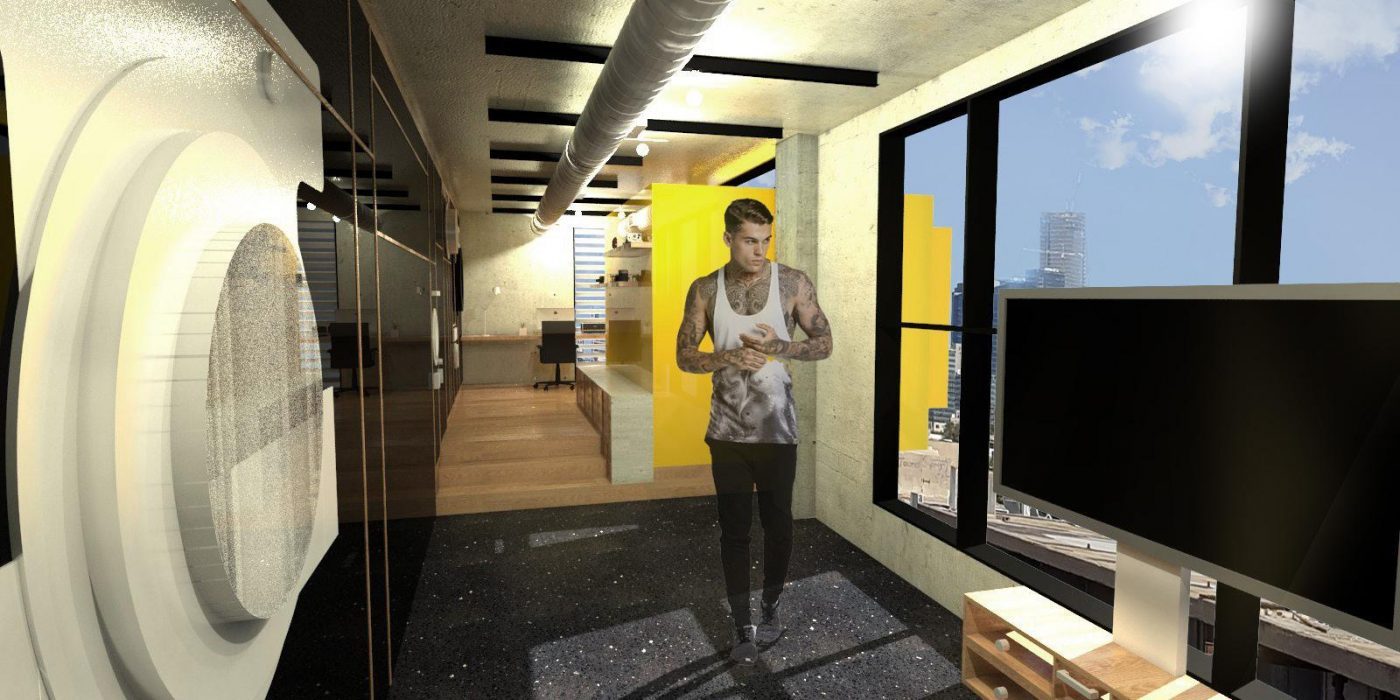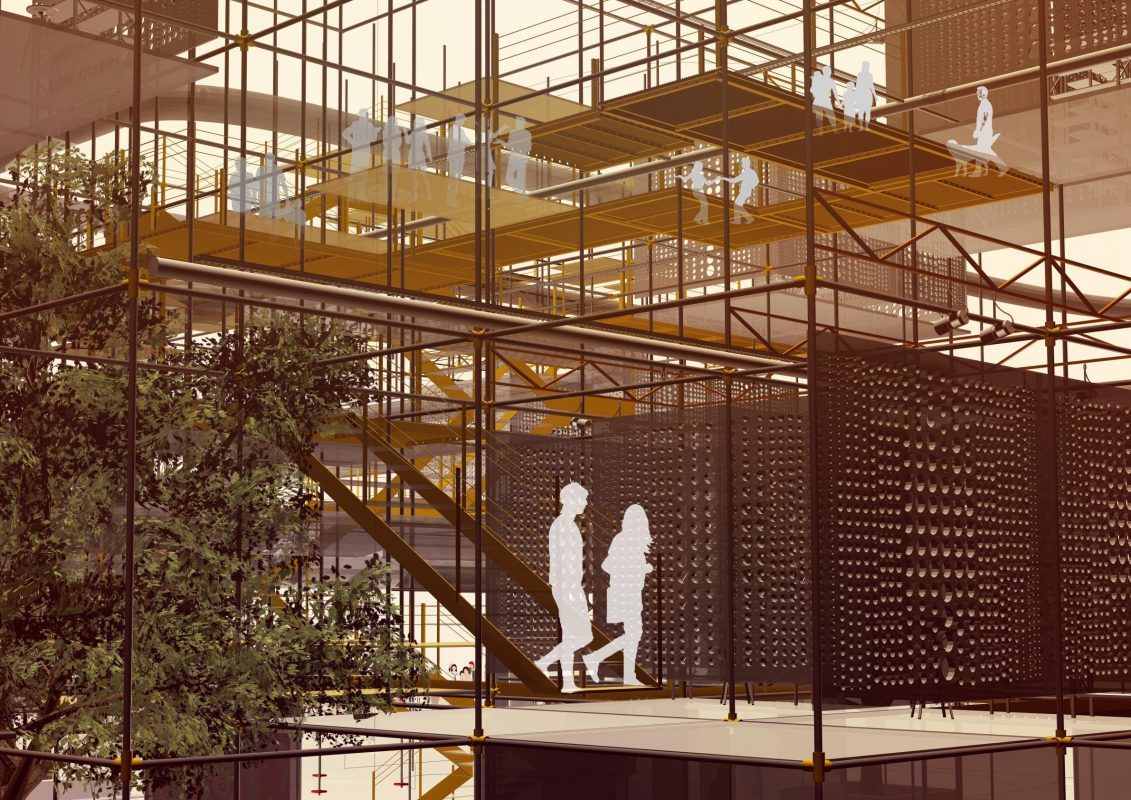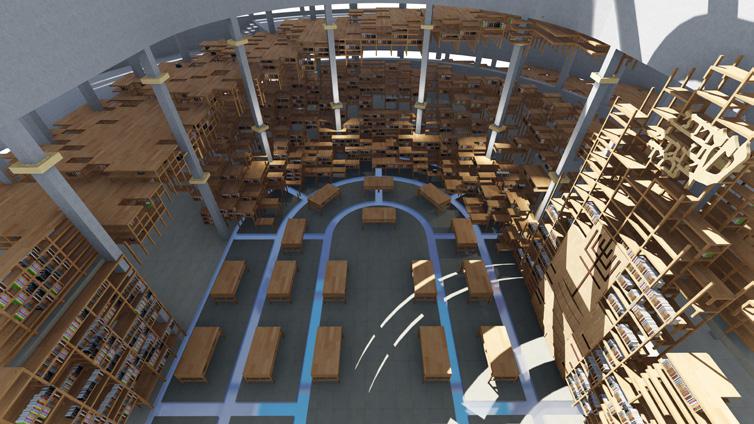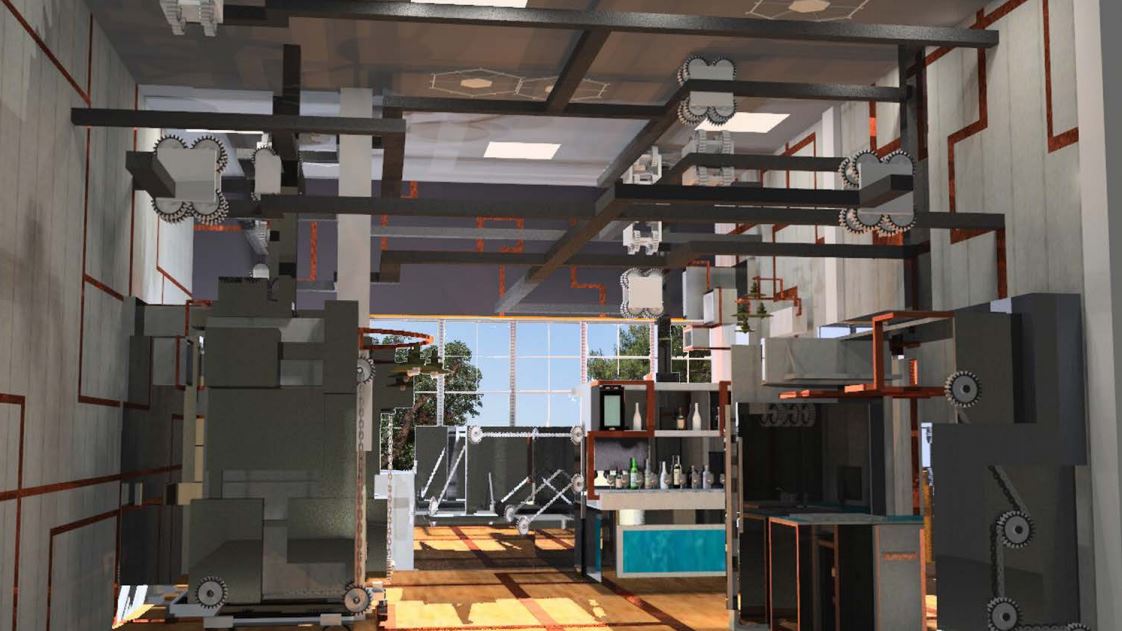2023 Michel Gelrubin Prize Terms & Conditions
The Michel Gelrubin Architecture Prize is designed to bring out new talents by giving students an opportunity for international recognition.
The collaboration of famous architects, designers and educators such as Moshe Safdie, Winka Dubbeldam, Daniel Libeskind, Jean Nouvel, Ora Ito, Philippe Maidenberg, Daniel Bismut, Kobi Karp, Jean Michel Wilmotte, Eran Neuman, and Roy Kozlovsky inspires and motivates students to present their projects to these great names involved in contemporary architecture.
Open internationally, the Prize is awarded annually to honor students whose work demonstrates a combination of vision and talent in the art of architecture and planning.
Founded in 2013 by Leslie and Samuel Gelrubin in memory of their beloved father, the award is not only funded by their family but also by the American and French Friends of the Tel Aviv University, and by professional sponsors. The competition is held by the Azrieli School of Architecture at the Tel Aviv University.
This year’s challenge: buildings to take root and look as if they’ve always been there.
This year’s MiG challenge reflects on Moshe Safdie’s statement “I want my buildings to take root and look as if they’ve always been there. It isn’t about pastiche or adapting what’s already there. It’s about trying to blend the future and the past.”
This difficult task raises the problematics of the site within the framework of the glocal – a term coined in the 1990s to think about globaliזation dialectically, as an interdependent process of integration and diversification, in which the local is shaped by the global, but also that locality becomes ever more important either as resistance or as a motor of innovation.
In light of recent developments such as the worldwide pandemic, climate crisis, and the fracturing of the international political order, it is time to reconsider the agency of the local. The 2023 MIG prize challenge is to rethink how the local is redefined by these worldwide challenges through cooperative and confrontational interaction with other localities and scales of reference.
The proposed project should make a clear statement in regards to the status of locality in its different material, environmental, cultural and social aspects as it adapts to inflows and outflows of people, ideas, memories, technologies, resources, natures and capital, and test its architectural implications in the design of a building that is both rooted in the place’s past and proposes a vision of a possible future.
The project must be detailed to the scale of a building (i.e. 1:100 or 1:200) and include an explanation of the ideology behind the design. The design must address the well-being of the users and respect the surrounding environment of the proposed projects.
Timeline
Registration deadline: Friday, 30 December, 2022 (Registration is free)
Electronic Submission deadline: Tuesday, 31 January, 2023
Online Result Announcement Ceremony: Mid-May, 2023
Rules for submission:
The MiG prize hold 2 international and Tel Aviv University tracks:
International track:
The international track is open to any student who studies architecture (B.Arch/M.Arch/B.A. in Architecture) during the academic year 2021-2023 (including Tel Aviv University students).
Prizes in the international track:
1st prize: US$ 5,000
2nd prize: US$ 2,500
3rd prize: US$ 1,500
Tel Aviv University track:
The Tel Aviv University track is open only to students from the Azrieli School of Architecture who studies at the school during the academic year 2021-2023
Prizes in the Tel Aviv University track:
1st prize: NIS 5,000
2nd prize: NIS 2,500
3rd prize: NIS 1,500
Candidates may apply as individuals or in teams.
Submission will be conducted via the MiG Prize website: https://migprize.com/
In both tracks, submission should include the following material:
- 2 A0 posters in PDF format, presenting the project’s concept and design, including project plans, sections, elevations, photos, renderings, illustrations, images, diagrams, and text.
- A video (up to 3 min.) explaining the project.
